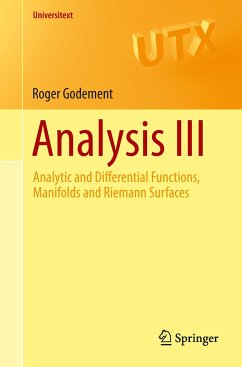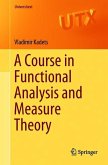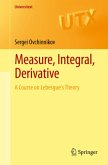Volume III sets out classical Cauchy theory. It is much more geared towards its innumerable applications than towards a more or less complete theory of analytic functions. Cauchy-type curvilinear integrals are then shown to generalize to any number of real variables (differential forms, Stokes-type formulas). The fundamentals of the theory of manifolds are then presented, mainly to provide the reader with a "canonical'' language and with some important theorems (change of variables in integration, differential equations). A final chapter shows how these theorems can be used to construct the compact Riemann surface of an algebraic function, a subject that is rarely addressed in the general literature though it only requires elementary techniques.
Besides the Lebesgue integral, Volume IV will set out a piece of specialized mathematics towards which the entire content of the previous volumes will converge: Jacobi, Riemann, Dedekind series and infinite products, elliptic functions, classical theory of modular functions and its modern version using the structure of the Lie algebra of SL(2,R).
Besides the Lebesgue integral, Volume IV will set out a piece of specialized mathematics towards which the entire content of the previous volumes will converge: Jacobi, Riemann, Dedekind series and infinite products, elliptic functions, classical theory of modular functions and its modern version using the structure of the Lie algebra of SL(2,R).








